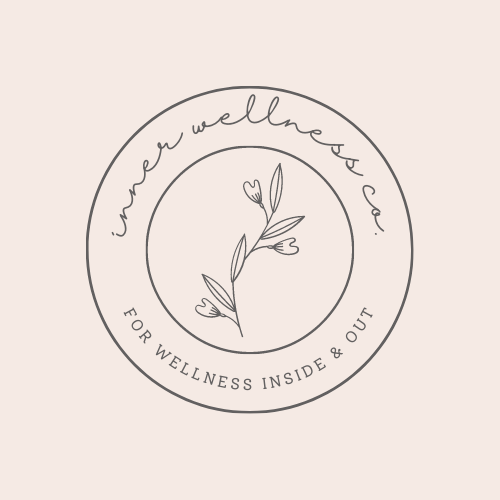Endocrine disruptors + why you should avoid them with Chloe Shaw.
- Alexa Williams

- Aug 1, 2023
- 3 min read

Firstly, Introduce yourself! Who are you, what do you do, and what are your passions?
Hello! My name is Chloe, I'm a final year naturopathy student graduating in December (eeeppppp). As a naturopath, my focus is to gently guide the body back to homeostasis by restoring balance and acknowledging the body's innate ability to heal itself. My passions are male and female fertility, gut health, and women's hormones. I have noticed in recent years that male and female fertility rates have been declining. It has been estimated that male sperm counts are set to reach zero by 2045!!! It's frightening that this isn't being spoken about! As well as an increase in young women presenting to the clinic with hormonal complaints that they have had for many years and thought were 'normal.' I believe a significant contributing factor to this change in our reproductive health is increased exposure to endocrine disruptors.
What are endocrine disruptors?
Endocrine disruptors are chemicals that interfere with the body's normal hormonal balance. They mimic or block natural hormone signaling. This disturbance in the body's balance can contribute to disease.
Where are they found?
They can be found in most everyday items we use, such as plastics, non-filtered water, pesticides & herbicides, non-organic produce, skincare, birth control, canned foods, children's toys, makeup, cleaning products, cookware, fragrances, receipts coated with BPA, & laundry products.
How do they negatively impact our health?
They can lead to an increased risk of several health issues, such as:
Thyroid problems
Cardiovascular disease
Reproductive problems such as infertility, irregular cycles, endometriosis, decreased/ alterations in sperm quality
Hormone sensitive cancer
Obesity
Poor immune function
Respiratory problems
How can we avoid exposure to endocrine disruptors?
Drink filtered water!!! Investing in a good quality water filter is super important.
Reduce exposure to plastic containers and drink bottles for glass, stainless steel, and ceramic.
Avoid plastic labeled 'BPA FREE' - studies have shown that 70% of BPA free products still leech harmful chemicals into your food and drinks.
Choose natural beauty products and personal care - shop at health stores if you can
Avoid cosmetics that have toxic ingredients such as parabens and phthalates. Long chemical names are often a red flag.
Use organic cotton, unbleached tampons, and menstrual pads (conventional products are made with cotton sprayed with pesticides you do not want to be exposed to).
Household products
Switch cleaning supplies to eco-friendly, non-toxic alternatives. Some good brands include Abode & Dr. Bronner's.
Choose organic produce
This can be expensive and not realistic 100% of the time.
Try to focus on the 'dirty dozen' - most heavily sprayed and foods you want to be trying to avoid!!! The 'clean 15' - the least sprayed and less of a priority to buy organic.
Wash your fruits and vegetables - preferably in filtered water.
Buy hormone free meats and dairy products.
What are 3 of the most common endocrine disruptors we should look out for?
1. Bisphenol A (BPA)
You have probably heard about BPAs before. They are used to make polycarbonate plastics and epoxy resins and are commonly found in containers that store foods and beverages, such as baby bottles and water bottles. Epoxy resins are used to coat metals and are found inside food cans. BPA acts by mimicking the hormone oestrogen, higher levels of BPA are found in women with PCOS, premature birth, and children with asthma.
2. Parabens
This chemical group is widely used in cosmetics and body care products as preservatives. They act as an oestrogen disruptor in both men and women and have been linked to decreased fertility, menstrual dysregulation, and increased risk of preterm birth.
3. Phthalates
Phthalates are used in plastics to make them flexible. They are found in cosmetics, household products, and inflatable toys. This chemical group disrupts reproductive hormones and has an antiandrogenic effect - affecting healthy testosterone levels. They have been linked to asthma, ADHD, obesity, and fertility issues, particularly in males.
Anything else you'd like to add? Where can we find you on social media?
Hopefully, this provides education about endocrine disruptors and how we can protect ourselves, loved ones, and future little loved ones from these nasty hormone disrupting chemicals!
You can find me on Instagram @wovenwisdom_naturopathy





Comments